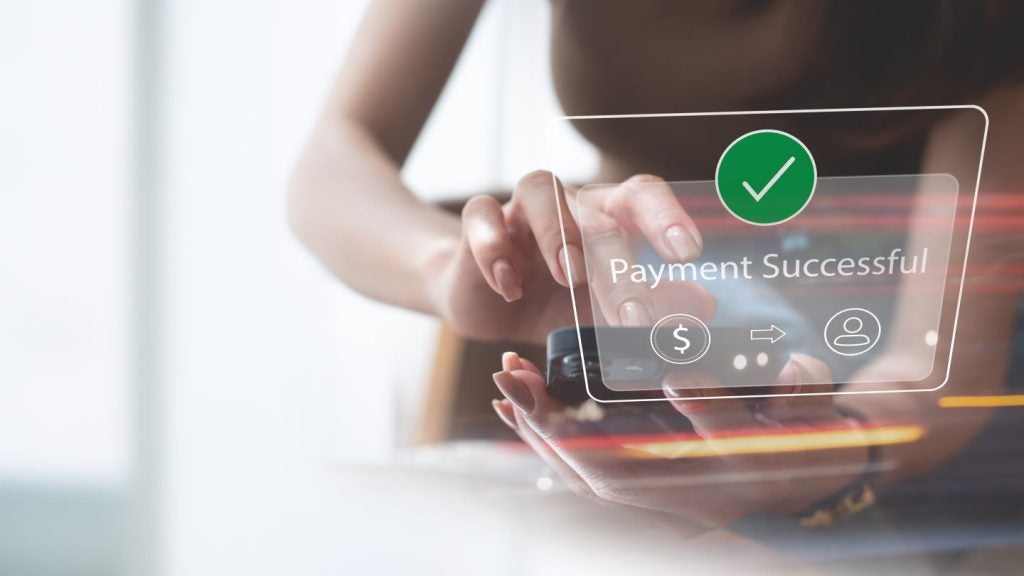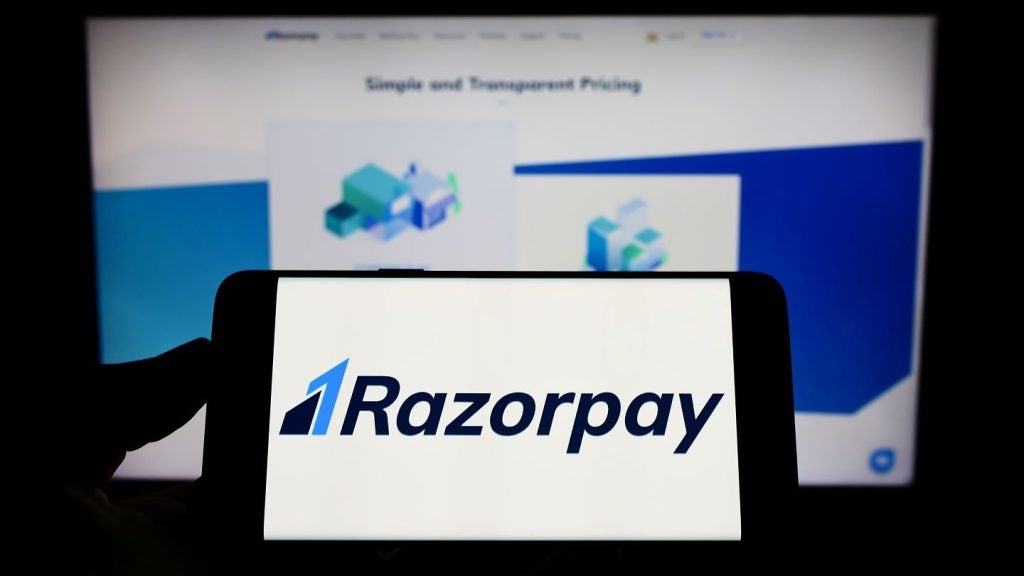The increasingly powerful prepaid cards sector is hotly tipped to carry on growing, particularly in the US, in years to come. So why is InComm, an internationally successful prepaid provider used by over 1bn US customers a week, signing up to digitise its products with Seamless? – asks Ellie Chambers
Reports of the death of cards have been greatly exaggerated. Just earlier this year, the US Federal Reserve reported that according to their most recent data, card payments accounted for 67% of non-cash payments in 2012, an upswing of 24% from 2003.
Prepaid cards in particular did well out of the increased usage of payment cards, growing at a rate of 15.8% annually between 2009 and 2012, faster than any other kind of card, to reach 9.2bn transactions in 2012.
InComm, a prepaid product provider with a presence in Australia, New Zealand, Japan, Europe, Canada, Puerto Rico, Mexico and the US seems perfectly positioned to take advantage of the increased demand for gift cards and similar.
According to its own figures, the company’s products are used by over 1bn customers in the US every week and it has a strong foothold in Europe too, where it provides over 200 products to more than 17,500 store locations across the continent.
So, in view of this, why is the company partnering with Seamless to leverage its mobile payment platform SEQR to digitalise InComm products?

US Tariffs are shifting - will you react or anticipate?
Don’t let policy changes catch you off guard. Stay proactive with real-time data and expert analysis.
By GlobalDataWhy bother with a market that, according to Timetric data, currently accounts for less than 1% of the world’s card payments and will only account for 3% by 2017?
The Starbucks model
The Swedish Seamless is already partnered with a number of retailers for proprietary payment systems, including Finnish burger chain Hesburger.
Perhaps one of the world’s most famous and successful services of this kind is the Starbucks mobile app and Seamless CEO Peter Fredell referred to the service when announcing the tie-up with InComm:
"Retailers are looking for a "Starbucks solution" where you get your customers to use a reloadable so-called closed-loop card, at a low transaction cost while rewarding loyal customers and driving in-store traffic."
But why choose closed-loop prepaid cards as an inroad to mobile payments? Wouldn’t a ubiquitous payments app prove more useful to the consumer and thus, more likely be downloaded and used?
Yet the Starbucks app was used by 13.6% survey respondents in a 2013 Statista survey, making it America’s most popular mobile wallet service, ahead of non-proprietary wallets owned by PayPal (used by 10.9% of respondents), Google (6.6%) and Square (4.8%)
Vice president of SEQR USA, Kenneth Douglas, explains that part of the reason behind the success of the service is that paying in Starbucks is a daily event for many of its customers:
"Every day spend categories are where you can start to change consumer behaviour. Quick service restaurants are always quick to adapt to mobile payments in every market SEQR enters. They have many transactions at a low average check.
"Loyalty is key and consumers are expecting a very quick service delivery."
There are also advantages to the merchant in offering closed-loop prepaid solutions – they are generally cheaper to accept than credit or debit cards.
Douglas says: "Closed-loop products are the cheapest form of payment that any merchant can accept and why you will see more merchants developing these products tied to existing loyalty programmes in the future.
"Every merchant, large and small, would agree on one fact – The cost of accepting payments is a problem and they are all trying to reduce the cost, add value to their consumers and increase stickiness and repeat visits and spend.
"SEQR is based on an open platform built to function in any payment situation whether it is in a store, online, parking lot or on billboards. A mobile payment solution needs to be able to offer all these possibilities to be relevant for both the merchant and the consumer."
Uniquely positioned
The Starbucks model demonstrates two key lessons that apply to any company looking to make inroads into mobile payments; you can do very well out of giving consumers something before they know they want it and consumers are eager to engage with brands they already know and trust through new channels.
Both of these facts mean that companies that already reward customers with loyalty programmes are uniquely positioned to make the leap from prepaid products to propriety mobile wallets.
Primed by early innovators like Starbucks and SEQR’s existing partners, the market is now ready.
Research commissioned by InComm in 2013 shows that 46% of Americans are interested in storing digital gift cards on their phones and 40% prefer to have a digital gift card scanned from their phone rather than carry an email printout.
But does this all mean that physical prepaid products are on the way out? No, says Douglas.
"Prepaid cards are big in the US and growing globally. Digitising prepaid, loyalty and gift cards helps eliminate the cost of producing physical plastic cards.
"Anytime you can cut cost out of the process it’s a win-win situation for all parties involved, but people will still have wallets carrying physical cards in the future."







